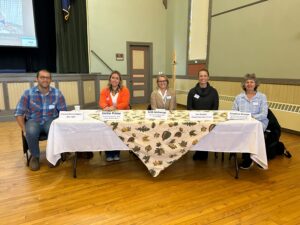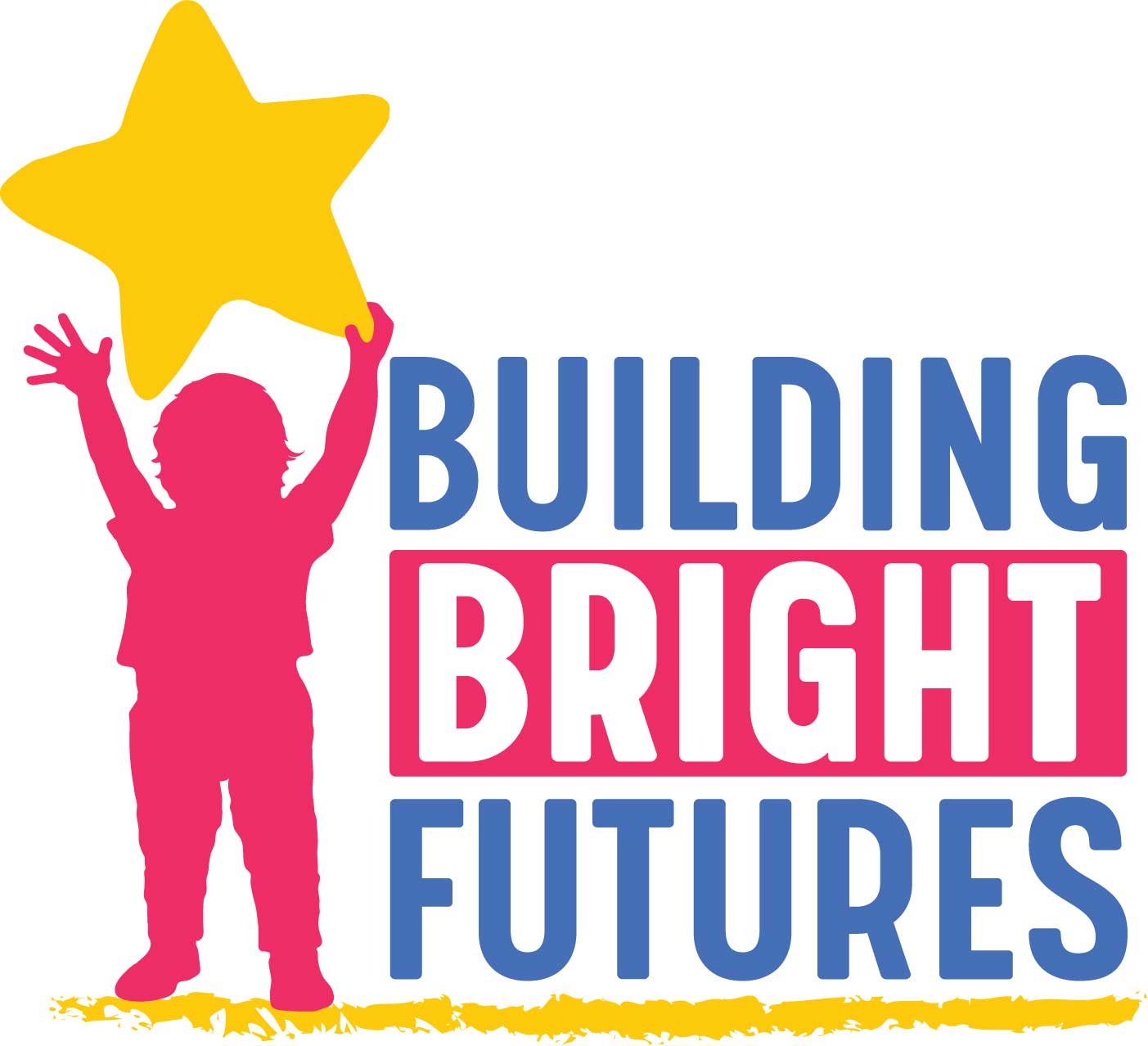
Guest post by Elliot Regenstein, Foresight Law and Policy and Nasha Patel, Watershed Advisors
Vermonters are passionate about the importance of early childhood education. Early childhood services change young lives, support families, and make the state more competitive economically. But it can be challenging to meet the complex needs of families with young children. To improve the state’s effectiveness in early childhood service delivery, Vermont has commissioned a Child Care and Early Childhood Education Systems Analysis that will examine how the state might improve its oversight of early childhood programs.
Children ages birth to five demand a tremendous amount of time and energy. And they need lots of different kinds of services: home visiting, child care, pre-k, Head Start, early intervention, health and mental health services, and more. It can be hard for overstretched families to find the services that meet their needs.
In many communities around the state there are concerted efforts to make it easier for those families. Collaboration among civic leaders and providers can make it easier to help families navigate the system. Private and public service providers – including schools – can work together to lift the burden off of families and run a more efficient system.
But that’s hard work, and the state has a role to play in supporting it. And the state’s role is most important in communities with the most limited resources. One critical aspect of the Systems Analysis is identifying best practices for the state’s engagement with community leaders.
It’s very likely that to serve as the best possible partner to communities, state government is going to need to do some reorganization. Recent legislative proposals have acknowledged the need for change, but right now there’s no consensus about what the change should look like. The Systems Analysis is meant to help build toward that consensus.
State government’s challenges aren’t just about organization, they’re also about capacity. A key part of the work is identifying the right roles for state government employees, and getting the right people in those roles. Vermont’s state government has many skilled and dedicated public servants, and setting them up to be successful – individually and collectively – will be another goal of the Systems Analysis.
Data is another key part of the process. The state already collects a lot of data about young children – but it hasn’t yet been able to integrate that data and use it effectively to support improved child and family outcomes. We’ll be making recommendations for how Vermont can draw on emerging national best practices to do that, while still fiercely protecting child and family privacy.
As the lead facilitators of the Systems Analysis process, we want to make sure our final recommendations reflect the best thinking of Vermont leaders. We’ve already started talking to early childhood stakeholders: providers, advocates, state officials, legislators, and more. They’re giving us valuable insights that will help shape our final recommendations.
We’ll be continuing our outreach and information gathering through the rest of the year, and into 2022. In the new year we’ll also start reflecting back some findings to the community. In doing so we will try to build a collective sense of how effectively existing systems are meeting the state’s goals – and set the stage for a conversation about how best to accelerate the state’s progress. Our work will build on a great deal of thoughtful work already completed, but propose new approaches that set the state up for the challenges of tomorrow.
That’s where you come in. If we haven’t heard from you already, we’d like to! Here is a link that allows you to share your feedback on the Vermont early childhood system, to help inform the Systems Analysis. We hope you’ll take the time to share your thoughts with us.
Moreover, the next few months will bring opportunities to react to ideas that we’ll share out with the Vermont early childhood community. We already are developing ideas that we think can spark some enlightening conversation – and we’d like you to be a part of that conversation. So we hope you’ll sign up here to get updates on the process, and weigh in as drafts begin to emerge.
Vermont’s commitment to its early childhood system is admirable, and we see great opportunity for the state’s future. We look forward to some exciting work in the months ahead.






